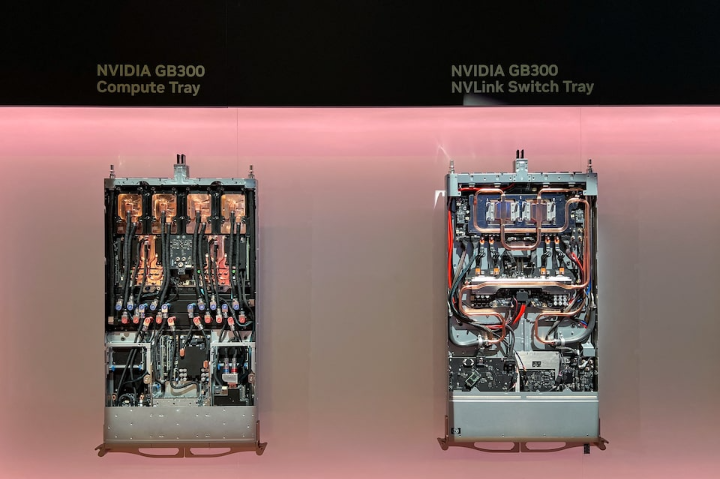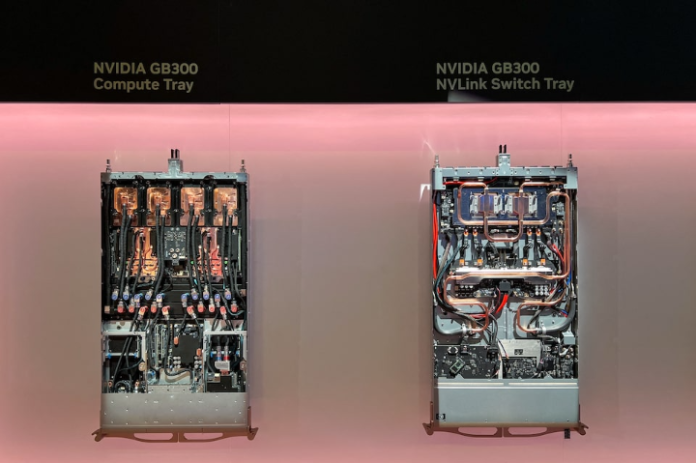A new legislative push is brewing in Washington as U.S. Representative Bill Foster proposes a bold bill aimed at tracking the location of artificial intelligence (AI) chips—especially those from Nvidia—even after they’ve been sold. This comes amid rising concerns about these powerful chips being illegally smuggled into China, potentially bypassing strict U.S. export laws.
Nvidia’s cutting-edge chips are central to building advanced AI systems like chatbots, image generators, and even tools with serious military implications. Both the Trump and Biden administrations have implemented tight export controls on these chips, especially concerning China. Yet, investigative reports—including from Reuters—have revealed that some of these restricted chips are still ending up in Chinese hands.
Foster, a Democrat from Illinois and former particle physicist, believes the solution lies in technology already embedded within the chips. According to him, it’s possible to verify a chip’s physical location after sale, and even restrict its functionality if it ends up somewhere it shouldn’t be.
“There are credible and concerning reports of large-scale smuggling already happening,” Foster told Reuters. “This isn’t a future issue. It’s happening right now, and we could be unwittingly aiding the Chinese military or intelligence programs.”
His proposed bill would direct U.S. regulators to implement two key measures:
- Track AI Chips Post-Sale: Ensure chips are used only in locations authorized under export licenses.
- Disable Unauthorized Chips: Prevent chips from functioning if they’re not licensed for use in specific regions.
The idea is technically viable. According to experts, Nvidia’s chips already have features that could enable such tracking. Similar methods are used by companies like Google, which tracks its AI chips across global data centers for security reasons. This verification could involve a chip communicating with a secure server that calculates its location based on signal timing—a concept grounded in the known speed of light.

Backing Foster’s initiative is a bipartisan coalition. Fellow Democrat Raja Krishnamoorthi and Republican Representative John Moolenaar, both members of the House Select Committee on China, have thrown their support behind the bill. “On-chip location verification is a creative and necessary tool to stop smuggling,” Krishnamoorthi said.
Moolenaar emphasized that the technology is already within reach, and companies like Nvidia should be required to adopt it.
The stakes are high. AI developments in China, such as those from startup DeepSeek, are reportedly powered by Nvidia chips acquired despite the bans. There are also ongoing legal cases involving Chinese nationals accused of smuggling servers embedded with restricted chips.
While location tracking is feasible and ready for deployment, the second part of Foster’s plan—preventing chips from powering up without authorization—would be more complex. Still, he insists it’s time to begin serious discussions with chip manufacturers on how to bring this to life.
Foster’s bill would give the U.S. Department of Commerce six months to develop and enforce the necessary regulations. If passed, it could mark a major shift in how tech exports are policed globally, closing loopholes that have allowed adversaries to bypass American controls for years.



